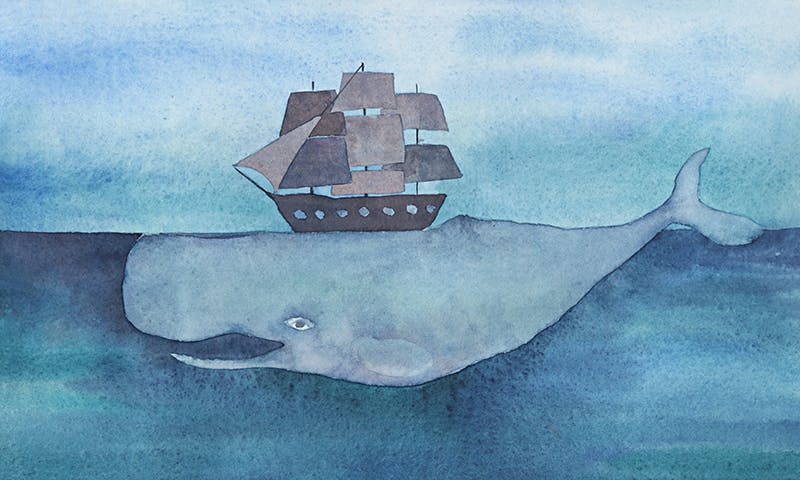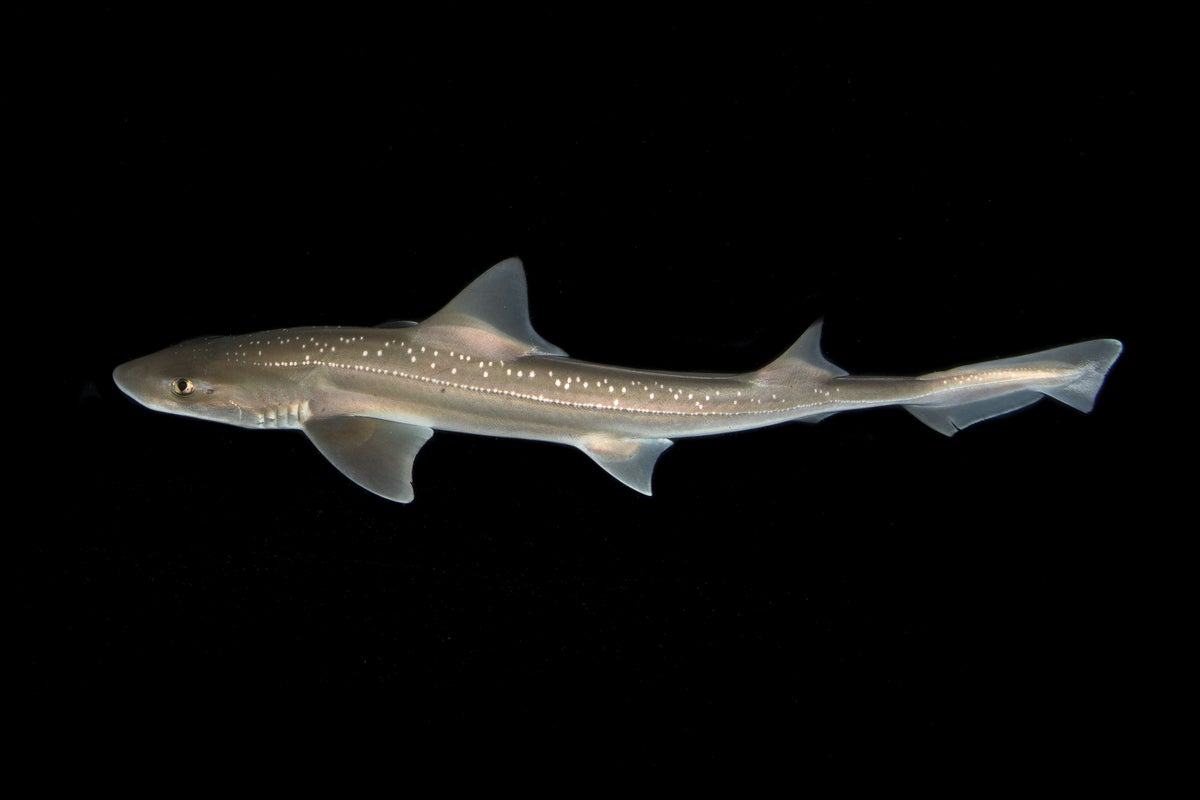Now Reading: Whale Spotted: Rare Sighting Draws Attention
-
01
Whale Spotted: Rare Sighting Draws Attention
Whale Spotted: Rare Sighting Draws Attention

Quick Summary
- WhaleSpotter AI system: WhaleSpotter is a machine-learning-driven whale detection system designed to help ships avoid collisions with whales, reducing injuries or fatalities to marine mammals.
- Technology and Approach: it uses heat-sensing cameras and neural networks for real-time alerts, validated by human experts. The aim is zero false alarms for ship captains.
- Deployment: Active on over two dozen installations globally since trials began in 2019, resulting in a dramatic increase in marine mammal detections-51,000 instances in 2024 compared to 78 detections the first year.
- Partnerships and Adaptations: Collaboration with Hawaii-based Matson Navigation Company focuses on adapting the system for massive container ships that require longer lead times for maneuvering. testing has extended detection range up to almost four miles using enhanced cameras.
- Challenges Ahead: Protecting endangered species like the north Atlantic right whale (370 individuals left) from container ship strikes remains critical. Thermal imaging technology also proves particularly effective at night when manny whales surface close to vessels.
Indian opinion Analysis
the innovative WhaleSpotter initiative raises global conservation standards by blending artificial intelligence with human oversight-a model worth considering for Indian contexts where wildlife preservation intersects with industrial growth. With its emphasis on accuracy and reduced false alarms, this technology tackles operational challenges that large shipping nations face without burdening maritime crews unnecessarily.
For India-a hub of oceanic trade-with busy ports like Mumbai and Chennai situated along critical ecological zones hosting dolphins, whales, and other marine biodiversity hotspots, similar systems could mitigate risks of animal harm while maintaining efficiency in maritime operations. While deploying such technologies demands infrastructure investments and adaptive research tailored to local ecosystems, a proactive approach aligns well with India’s goals under international biodiversity treaties like the Convention on Biological Diversity (CBD). Such initiatives may also benefit coastal communities reliant on sustainable marine resources by enabling co-existence between industry practices and natural preservation efforts.




























